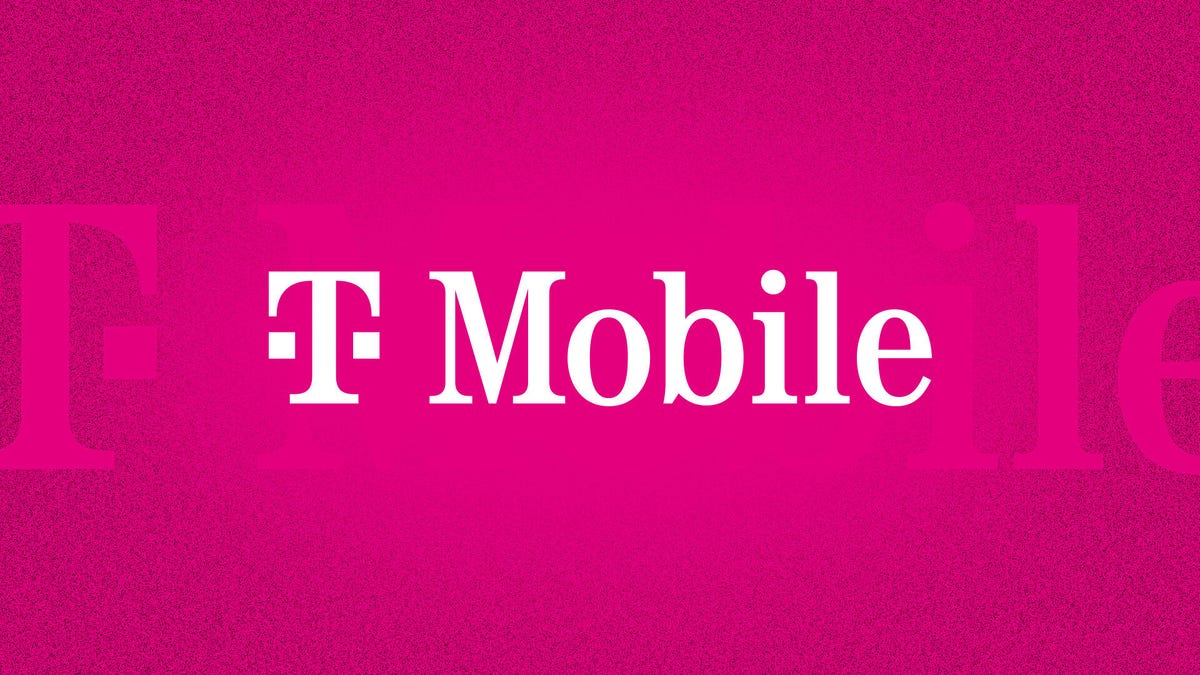Unavailable in Provider unavailable in 90001
T-Mobile Home Internet rating
How we calculated our rating Speed
6.5/10
Unavailable in Provider unavailable in 90001
How we calculated our rating Speed
6.5/10
Pros
Cons
T-Mobile must be feeling chuffed about its 5G home internet offering. The number of subscribers has risen to approximately 5 million customers, per the company’s fourth-quarter 2023 report. The Federal Communications Commission included T-Mobile’s home internet offering as one of only 11 fixed internet services able to cover over 5% of the US population. In 2023, the company made a splash with the latest American Customer Satisfaction Index survey results, which placed it at the top of all nonfiber national internet service providers. Pretty nifty.

| Plan | Max speeds | Monthly price | Equipment fee | Data cap | Contract |
|---|---|---|---|---|---|
| T-Mobile Home Internet Read full review |
72-245Mbps download, 15-31Mbps upload | $60 ($40 for eligible Go5G Plus and Magenta Max mobile customers) | None | None | None |